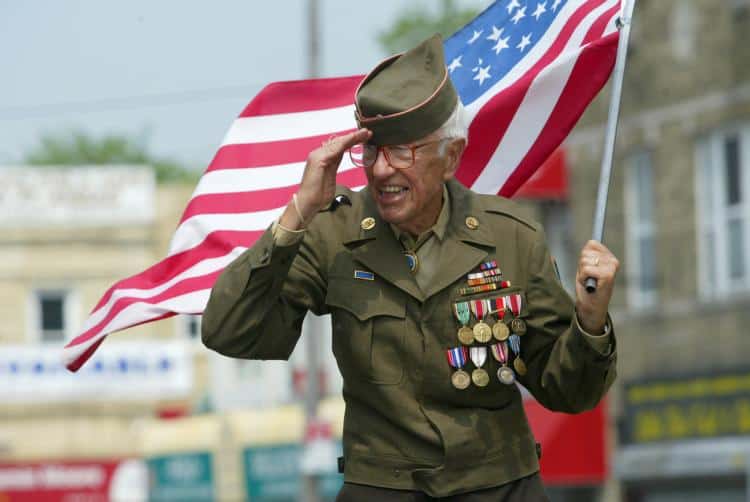Veterans Day, celebrated annually on November 11th in the United States, is more than just a day off work or school—it’s a moment to express gratitude and respect for the men and women who have served in the U.S. Armed Forces. It’s a time when communities gather, parades march down city streets, and tributes echo across public squares to honor the courage, sacrifices, and dedication of our veterans. But what if you wanted to go a step further and learn about specific veterans or your own family’s military history? Here’s how you can dive into research and better appreciate the stories behind those who have served.

What is Veterans Day All About?
First, let’s talk about why Veterans Day is important. It began as “Armistice Day” on November 11, 1919, marking the first anniversary of the end of World War I. In 1954, after the experience of World War II and the Korean War, Congress changed the name to Veterans Day to honor all American veterans, not just those who fought in WWI. Unlike Memorial Day, which commemorates those who died in military service, Veterans Day is dedicated to all U.S. veterans, living or passed, who have served the country in war or peace.
Why Dig Into Veterans’ Histories?
Researching veterans’ stories can bring history to life in a personal way, whether you’re looking to trace your own genealogy or simply understand the narratives that aren’t always found in history books. Understanding these individual tales connects us to the past and enriches our appreciation of the sacrifices made by those who served.

How to Start Researching Veterans
- Family Stories and Records: The best place to start is within your own family. Talk to relatives who might have stories, documents, or photos. This step can often provide you with names, dates, or specific military units that make further research easier. The library recorded the story of Foster Looney, a WWII vet. Consider recording stories of your family who served.
- National Archives: The National Archives is a treasure trove for finding military service records. You can request these records for former military personnel who served during a certain period. While many records are available online, some older files may need to be requested or viewed in person.
- Fold3 and Ancestry Websites: Sites like Fold3 (specializing in military records) and Ancestry Library Edition (available in the library building) offer access to documents such as draft registration cards, service records, and even photos. These platforms often require subscriptions but can be invaluable for thorough research.
- Local Libraries and Historical Societies: Don’t underestimate the power of local resources. Libraries and historical societies may have archives, letters, or interviews with local veterans that aren’t available elsewhere. The DeKalb County History Center may also have some gems of information.
- Veterans’ Organizations: Groups like the American Legion or the Veterans of Foreign Wars (VFW) can sometimes point you in the right direction for finding records or connecting with people who served in the same unit as a veteran you’re researching.
- Military Museums and Archives: Some states and cities have military history museums or specialized archives with access to diaries, unit histories, and letters.
Tips for New Researchers
- Be Patient: Digging through records and connecting dots can take time, especially for older service records. The 1973 fire at the National Personnel Records Center in St. Louis destroyed many files, particularly for Army and Air Force veterans from specific periods, so you may need to search for alternate sources.
- Check Spelling Variations: Names were sometimes recorded differently in older documents, so keep an eye out for alternate spellings.
- Join Online Forums: Platforms like Reddit’s r/Military or genealogy-focused forums can be places to ask for tips or share your findings.

Wrapping Up
Veterans Day is a reminder to pause and appreciate the people who have stepped up to serve the nation. By researching veterans’ stories, whether they’re part of your family or not, you help preserve their legacy and contribute to a deeper, more personal understanding of history. So, take a moment to thank a veteran in your life, and maybe even spark a conversation that could lead to a fascinating story worth sharing.
Happy Veterans Day, and happy researching!
For more information, contact the reference desk at [email protected] or (815) 756-9568 ext. 2150.

